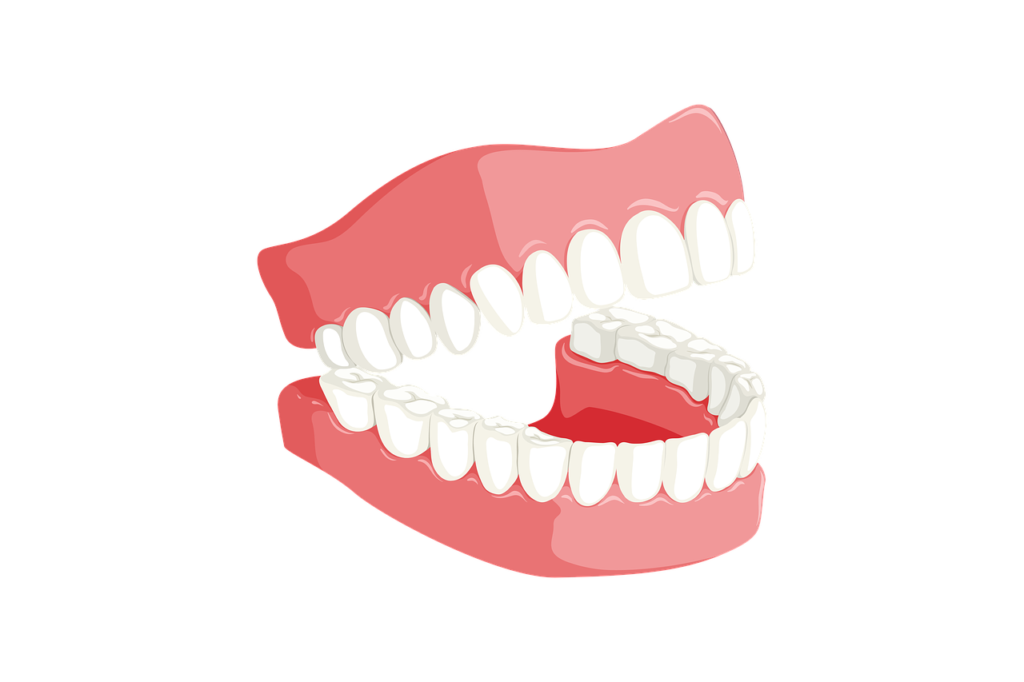When we are nervous or even while sleeping many people tend to bite down or grind their teeth. This condition is referred to as bruxism. This may be found in children or in adults or even in old people and may take place at any given time of the day. This article will help all those in doubt identify whether they are suffering from this condition or not.

Meaning of Bruxism
I have mentioned before that bruxism is a condition in which one may grind their teeth or bite down really hard whether they are asleep or awake. This means that bruxism is not always in an individual’s control. There are mainly two types of bruxisms such as nocturnal bruxism which happens when one is asleep and diurnal bruxism, which happens while one is awake.
Pathology of Bruxism
The real reason why people suffer from bruxism is still not known. However, ongoing research dup shed some light on the possible initiation of this condition within us. A lot of the times stressful situations and tension may contribute to bruxism. Along with that, even the positioning of the teeth within the mouth is an important factor that has to be considered.
Causes of Bruxism
As mentioned before, stressful situations and tension can lead to the grinding of the teeth. This often happens while a person is asleep or when they are not realizing that they are engaging in this process.
Another common factor that leads to this condition is the positioning of the teeth within the mouth. Having perfect teeth from childhood is still a dream to many and these people may often face bruxism.
A lot of the time, medications taken by individuals which may not suit them also lead to this condition.
Consumption of liquor in excessive amounts and smoking may also lead to bruxism.
Sometimes, it has also been observed that sleep disorders may cause teeth grinding.
There are many symptoms that need to be taken into consideration when a diagnosis is to be made. The reason for this is not solely centered around bruxism, but can also be true for other illnesses or diseases. Only when all the symptoms are evaluated thoroughly, can a doctor devise a treatment plan that suits the unique nature of the condition that the patient is facing.
Signs and Symptoms of Bruxism
1. Audible Grinding: Grinding noises while sleeping, often noticed by a partner or a family member.
2. Jaw Pain: Frequent morning naw pain or stiffness.
3. Headaches: During the morning time, one may face painful headaches that do not dull down.
4. Sensitivity: When one drinks a hot beverage or eats something cold like ice cream, they may face teeth sensitivity.
5. Worn out Teeth: Teeth may become slightly brittle.
6. Pain in the Face: As mentioned previously, there may be pain around the jaw area.
7. Biting the tongue or the cheek: A person suffering from Bruxism may be prone to biting their tongue or their inner cheek.
8. Disturbed Sleep: Lack of satisfying and restful sleep.
9. Recession of the Gum: The roots of the tooth may be open to infections.
How to Prevent Bruxism?
1. Stress Management: Getting psychological help for management of tension and anxiety is always recommended. Other than this, one can also consider exercising, doing yoga or journalling to reduce the level of stress.
2. Limit Stimulants: Liquor consumption and smoking are extremely harmful to the body and so one must give both up as immediately and effectively as possible.
3. Dental Evaluation: If you think you have bruxism, then please consider your dentist and share the same with them. They may be able to shed light on the situation and guide you on the correct path.
4. Mouthguards: Many medical stores have mouthguards on sale to prevent people from grinding their teeth in their sleep.
5. Sleep Patterns: It is necessary to maintain a consistent sleeping schedule and to create a comfortable environment to promote restful sleep.
6. Dietary Adjustments: A balanced diet goes a long way in keeping us happy and healthy. Calcium rich food keeps the bruxism away!
Bruxism in Children
As parents, we are always concerned about the well-being of our child and so, if they face a problem like bruxism, we must know various strategies to counter it and help the kids. Yes, you read it right! Bruxism can affect anyone and age holds no bar for it. Many kids may also lose the bad habit but all of them surely need our help.
1. Developmental Phase: This teeth grinding can initiate from the time that a child has their milk teeth growing out.
2. Causes of Bruxism in Children: The reasons for why bruxism is caused in children is the same as those for adults.
3. Helping them: Consulting a doctor or a dentist is critical in order to understand and diagnose the condition and formulate a treatment plan.
4. Reassurance: Trying to make your child feel better about their condition is a duty that every parent must fulfill.
Homeopathic Remedies for Bruxism:
1. Cina: Cina is mainly used for children with bruxism related to work troubles; child is irritable, stressful, restless. Children requiring Cina may grind their teeth, especially at night or during warm seasons.
2. Chamomilla: It is recommended for whom teeth grinding might be triggered by heat, anger, or specific weather conditions.
3. Plantago: This is recommended for those who have a lot of toothache which, in turn, causes the teeth grinding. One can have it three times a day, mixed with water.
4. Ignatia: This is suggested for those who face the problem of bruxism due to mental and emotional turmoil.

Finally…
At the end, it is necessary to go to a homeopathic in order to know the correct dose of the medicine for you. Only they are trained to diagnose you and then help create a homeopathic solution for your well being. It is not imperative to choose homeopathy solely, but it can always be administered in conjunction with other general medicines as long as it helps you.
By looking at all these angles surrounding bruxism, we can have a better idea of what the condition is and we can also recognise it if we, or our loved ones, face this problem.
With the correct path, you will soon be rid of these problems. We wish you a healthy and bruxism-free future!
Reach out to us for a Consultation
For any queries, reach out to us at contact@homeopathic.ai
This blog is for information purposes. It’s crucial to note that while homeopathy is a centuries-old practice with many adherents worldwide, always consult a qualified homeopath or medical professional before initiating any treatment.




